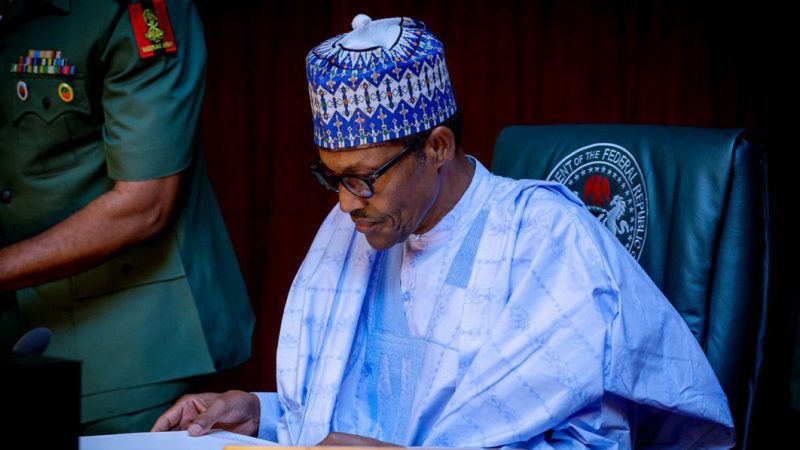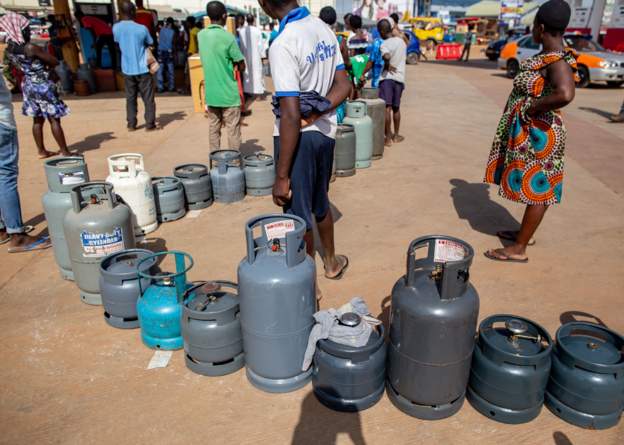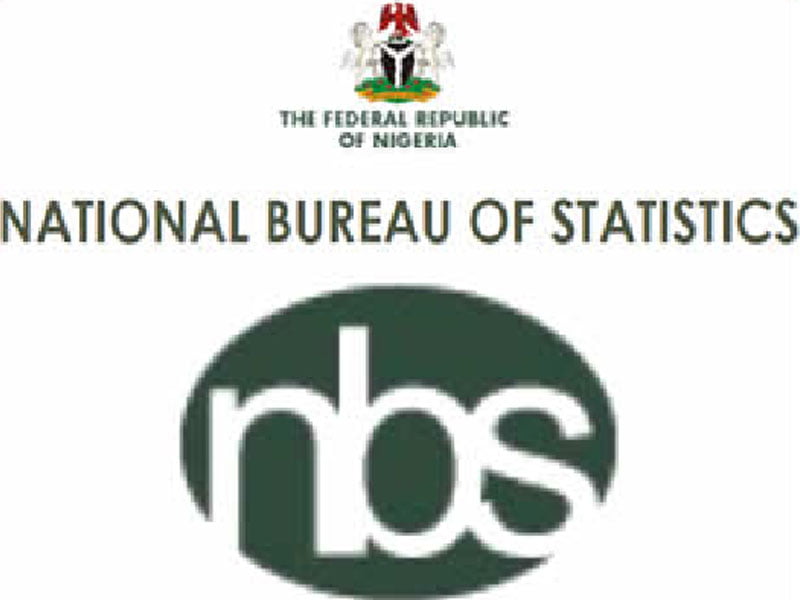President Muhammadu Buhari of Nigeria will meet Donald Trump in Washington on April 30 to discuss issues including “fighting terrorism” and economic growth, the White House announced Sunday.
“President Trump looks forward to discussing ways to enhance our strategic partnership and advance our shared priorities: promoting economic growth and reforms, fighting terrorism and other threats to peace and security, and building on Nigeria’s role as a democratic leader in the region,” the White House said in a statement.
“The relationship of the United States with Nigeria is deep and strong, and Nigeria’s economic growth, security, and leadership in Africa will advance our mutual prosperity.”
Nigeria, West Africa’s largest economy, is among the countries combatting Islamist extremism with help from the United States.
The nation is battling an array of security threats across its territory, from Boko Haram jihadists in the northeast to oil militants in the south.
The announcement of the visit comes one day after the fourth anniversary of the Chibok schoolgirls abduction, which saw Boko Haram kidnap 276 girls.
Fifty-seven escaped in the immediate aftermath and four years on, 112 are still being held — a global symbol of the Islamist insurgency that has devastated the region.
The Nigerian president’s White House visit also follows a scandal that erupted in January when Trump allegedly branded African nations “shithole countries.”
The reported remark triggered global outrage and forced the US president to pen a letter reaffirming his commitment to the continent.
Nigeria was among the countries included on Trump’s ex-secretary of state Rex Tillerson’s Africa tour last month — though the former Texas oilman truncated the trip just before the US president brutally sacked him.
Before returning to Washington, Tillerson had notably promised Nigeria’s support ranging from equipment to intelligence to helping secure the swift release of kidnapped schoolgirls.
Buhari, a 75-year-old former general and one-time military head of state, announced earlier this month he would seek re-election next year — a move that laid to rest months of speculation over his health.
Nicknamed “Baba Go Slow” for his lethargic pace in office, Buhari spent months in London last year seeking medical treatment for an undisclosed illness.
If nominated, he faces the Herculean task of convincing Nigerians he is the best candidate to steer the country out of its worst recession in 25 years, after implementing a series of unorthodox policies blamed for worsening the economic crisis.
He was voted into power in 2015 on a platform vowing to crack down on endemic graft and stamp out Boko Haram.
Boko Haram still stages deadly attacks on military and civilian targets despite Buhari’s insistence that the group is “technically” defeated.
In February, the Islamists embarrassed the government by driving unopposed into the northeastern town of Dapchi and kidnapping over 100 schoolgirls.
Of the 111 who were kidnapped, 105 were returned by the jihadists following a ceasefire agreement with the government.






